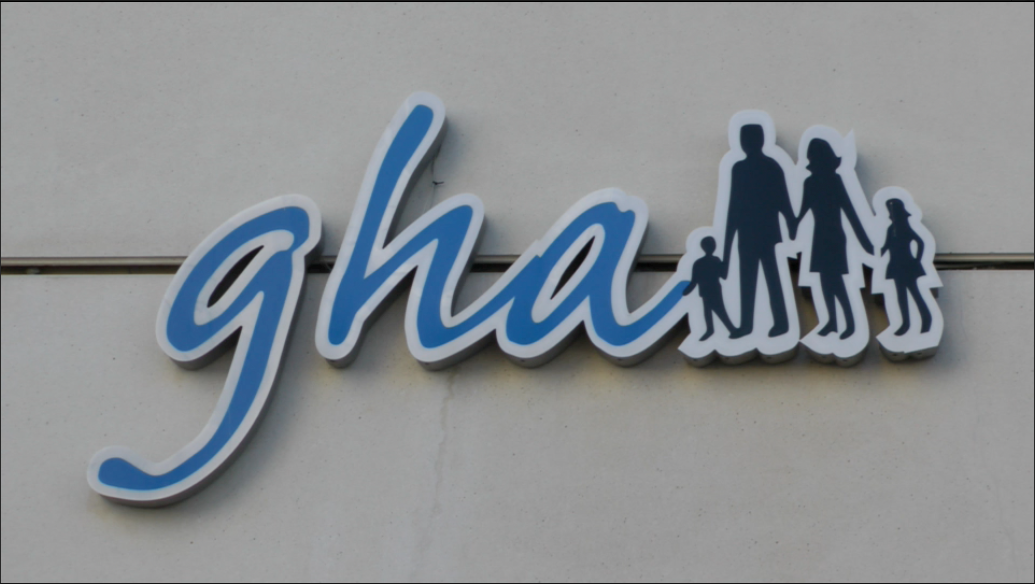Jan 16 - GHA Reports Surge In Number Of Flu Cases
 The GHA says it is currently experiencing very high rates of attendance both at the Primary Care Centre and in the Accident & Emergency Department at St Bernard’s Hospital due to a surge in Flu and other winter related illnesses. This year, reported cases of Influenza and flu-like illnesses have been extremely high in December and January to date.
The GHA says it is currently experiencing very high rates of attendance both at the Primary Care Centre and in the Accident & Emergency Department at St Bernard’s Hospital due to a surge in Flu and other winter related illnesses. This year, reported cases of Influenza and flu-like illnesses have been extremely high in December and January to date.
The GHA says there is no single type of flu that has dominated, but there appears to be a mixed pattern. Although the numbers of patients has not reached epidemic levels, they can still cause bottlenecks on health services. In this, says the GHA, the public can do much to help, by taking care of themselves and by actions to reduce the burden of illness on society adding that part of the problem is the use of emergency services by individuals for minor ailments.
A Hospital Spokesperson said: “Hospital Emergency departments are for serious conditions, but we are encountering patients with minor illnesses. We are introducing a protocol whereby patients who come to the accident and emergency departments unnecessarily are re-directed to more appropriate services, freeing up time for doctors and nurses to see emergency cases.”
The GHA says it is doing its best under the circumstances, jointly with the Care Agency, to create the necessary resilience, and asks for help from the public.
The GHA Public Health department will be carrying out a campaign of educating the public on self-care and infection prevention. In the meantime a guide has been produced “Health Services: How You Can Help”, which is posted below:
Over 90% of coughs, flu and other upper respiratory infections are self-limiting. They can be managed by the individual with self-care. Good self-care also helps to prevent germs from spreading to others.
- If you have symptoms of flu or other ailment, stay at home, take bed rest, consume plenty of fluids and use pain-killers and home remedies if needed. Within a week or so, the condition usually resolves.
- Avoid going to the doctor or nurse for such ailments. Antibiotics do not work with most of them.
- Practise good hygiene to avoid spreading the germs. Always cough or sneeze into a tissue and dispose of it at once. If a tissue is not handy, cough or sneeze into your sleeve, cuff or other garment, never into your hands. Wash your hands frequently.
- If the condition does not respond or gets worse, visit the Emergency Clinic at the Primary Care Centre. In the case of persons who are very ill, bedbound or frail because of old age, a House Call may be requested.
- Do not go to the Hospital Accident & Emergency department for minor ailments. You may find yourself re-directed elsewhere, which could be inconvenient and waste time.
- If you are suffering from cough, flu-like symptoms, vomiting or diarrhoea, please do not visit relatives or friends in hospital, as you may spread germs and make it worse. Once your symptoms have cleared, wait for another 48 hours before visiting.
- If you are eligible for the flu vaccination, don’t miss this. If you are looking after an older relative at home, please get yourself vaccinated against flu, as this will not only help you but also protect your relative. Make sure also that your relative is vaccinated.
- If your relative or family member is being discharged from hospital, please arrange to receive them without delay, so that the bed may be used for other seriously ill patients.
For more information online, there are several options the GHA website at www.gha.gi and the NHS Choices website at www.nhs.uk
{fcomment}






